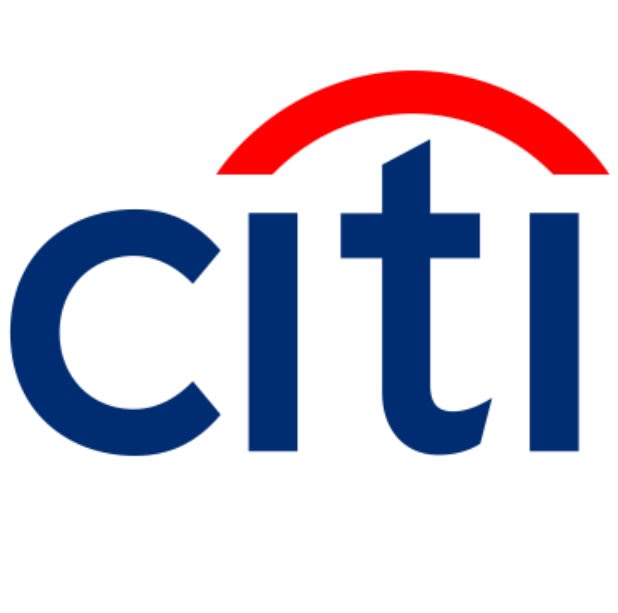
Best private bank for innovation
Best performing global private bank
Best private bank for family offices (global)

Fundamental shifts in human behaviours have affected private banking as much as other activities in business and society, according to strategists at Citi. “We have adapted and updated our own way of thinking and communicating with clients to ensure we are meeting their needs, and we will continue to do so to guarantee we are offering best in class service,” comments Luigi Pigorini, regional head of Citi Private Bank for the Europe, Middle East and Africa region. The operation manages $358bn, having seen huge inflows in 2020, alongside development of innovative tools during the pandemic.” This transformation encompasses the use of artificial intelligence and smarter tools to help provide investment advice. “That is ultimately the core of what a good private bank will offer its clients and will continue to be so, whatever the market environment,” says Mr Pigorini. “Our advisers benefit from access to data analytical tools, which help identify when clients should be called with timely investment advice or when identifying opportunities and running simulations that fit specific client needs,” says Mr Pigorini. If anything, he says, the speed at which markets reacted to the initial wave of the pandemic only highlights the need for such tools to help advisers deliver advice efficiently. This market volatility has once more opened the door to alternative investments, with Citi reporting a rise in both direct investing, and in private enterprise that reflects deep confidence in the flexibility and strength of the global economy. Family offices, believes the bank, have the benefit of being highly sophisticated investors with deep expertise in certain sectors, along with being able to commit capital at significant size and speed, often with different investment time horizons. Consequently, Citi has seen interest in private investment rise steadily in recent years. Among the challenges the bank faces is that of managing the pipeline of new talent, to ensure the right advisers and investment specialists are in place across the firm, not just today, but in five or 10 years’ time. Mr Pigorini says: “We engage in extensive forward planning to ensure the diversity, strength and depth of our talent pool at different stages of the professional lifecycle.” YB

